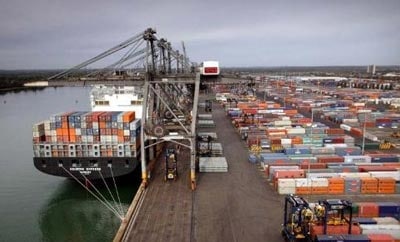The Dominican Republic plans to buy new equipment for maritime surveillance to track the increasing boat traffic coming from the Isthmus and South America.
Rolando Rosado, the head of the Dominican national drug control agency that is known by its acronym DNCD, said that the Caribbean country would purchase maritime radar and a twin-turbine helicopter, using money confiscated from drug traffickers, in order to improve maritime surveillance, reported El Dia.
The Dominican official said that the government had largely succeeded in disbanding local networks that coordinated air trafficking operations and received shipments.
US Embassy official Daniel Foote said last week that the Dominican Republic had “essentially eliminated” trafficking by air, but he warned that trafficking through ports was on the rise, and called on the country to increase port security, Dominican Today reported.
The helicopter will be equipped with night operations equipment and the marine radar will be installed in an aircraft confiscated from traffickers in 2010. The combined cost of the equipment is estimated to be $2.9 million.
InSight Crime Analysis
Plans to implement new surveillance operations in the Dominican Republic come as the country is becoming an increasingly important trafficking route. Seizures more than doubled between 2008 and 2012, and are set to be even higher this year. In two operations in January 2013, officials seized more than a quarter of the total cocaine seized in 2012.
The rise in trafficking has been accompanied by a rise in violence, and the homicide rate doubled between 2001 and 2011.
The phenomenon can be seen across the region, as heightened anti-drug operations in Central America and the Pacific have helped push drug trafficking operations back into the Caribbean in recent years.
According to the US State Department, sea routes have become the main way of transporting illegal drugs into and out of the Dominican Republic, using go-fast boats and commercial containers.
The European Union’s COPOLAD program, which fosters drug policy cooperation between Europe and Latin America, stated in December 2012 that controls at the Dominican ports of Multimodal Caucedo and Haina were inadequate.

